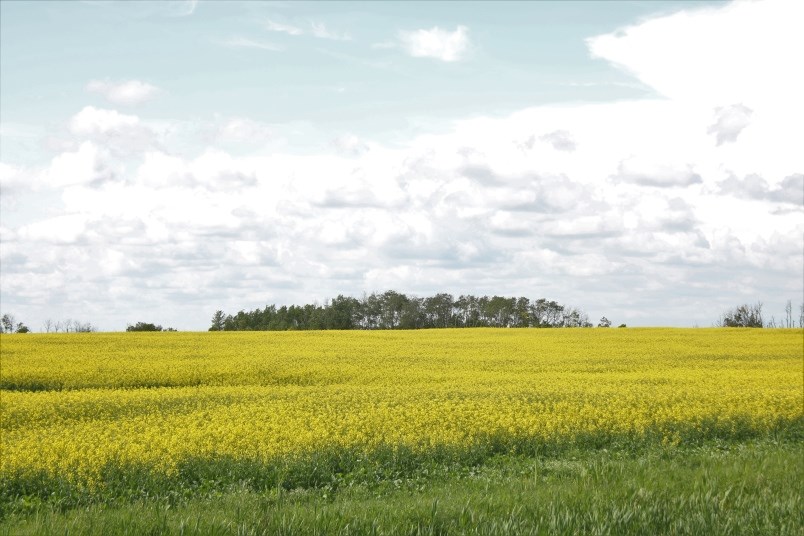Emerging research suggests a troubling twist in canola disease management.
When verticillium stripe is present in a field, the resistance to blackleg built into many canola cultivars appears to break down.
The finding — first seen in greenhouse trials and now being tested in the field in plot at Carman, Manitoba, suggests that even varieties carrying strong blackleg resistance genes might suffer heavier damage if verticillium stripe is also present in the field.
Other work has hinted at the same pattern.
A recent study using blackleg-resistant hybrids found that co-inoculation with the two disease pathogens increased blackleg severity and yield loss.
In that case, the hybrids’ resistance mostly held.
Blackleg, a serious fungal disease of canola, has been spreading through the Prairies since it was first confirmed in northeast Saskatchewan in 1975.

